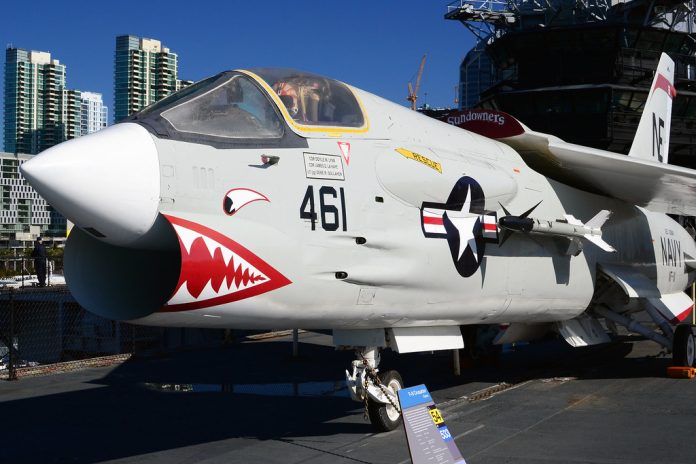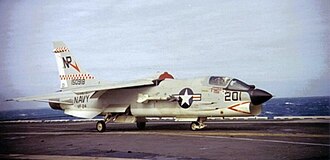
In the annals of naval aviation, few aircraft have etched such a distinct legacy as the Vought F-8 Crusader.

Introduced as the world’s first carrier-based supersonic fighter in 1956, the Crusader merged astonishing performance with heavy armament, earning the moniker “Last of the Gunfighters.”
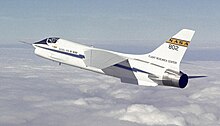
As a carrier-based, supersonic jet fighter, the F-8 epitomized the pinnacle of post-World War II fighter design, featuring four 20mm autocannons and AIM-9 missiles.
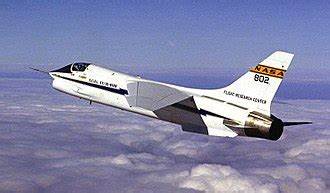
Its unique variable-incidence wing enabled the Crusader to land and take off at slower speeds, crucial for the confined space of an aircraft carrier.
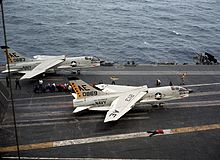
The F-8 quickly made history. Commander Robert W. Windsor set a national speed record on August 21, 1956, hitting 1,015.428 mph over a 15-kilometer course.
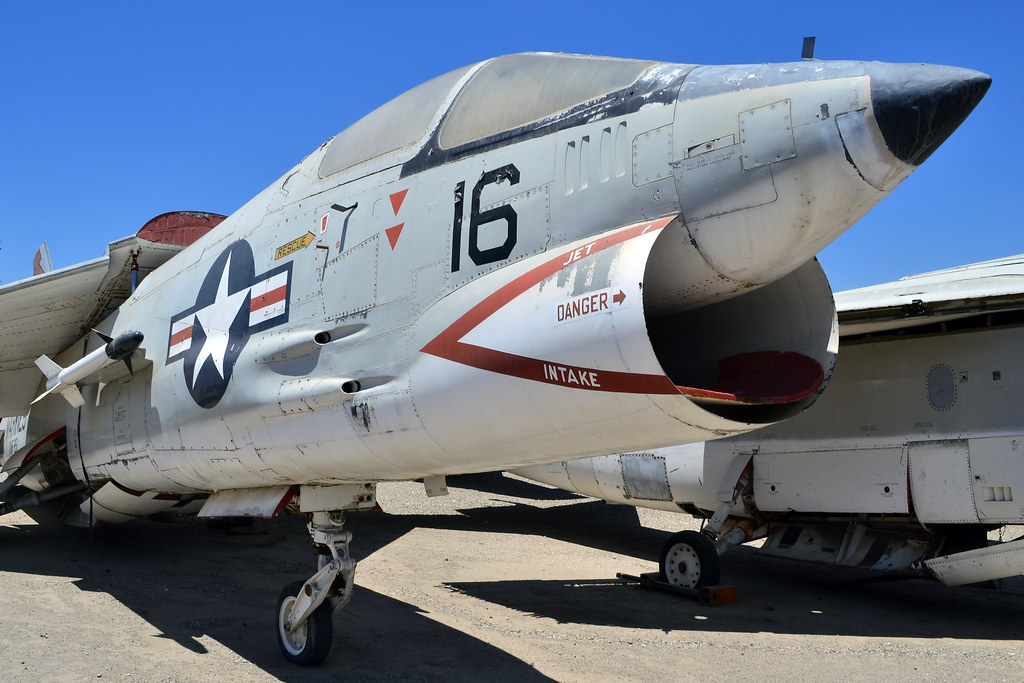
This marked the F-8 as the first jet aircraft equipped for operation to exceed 1,000 mph.
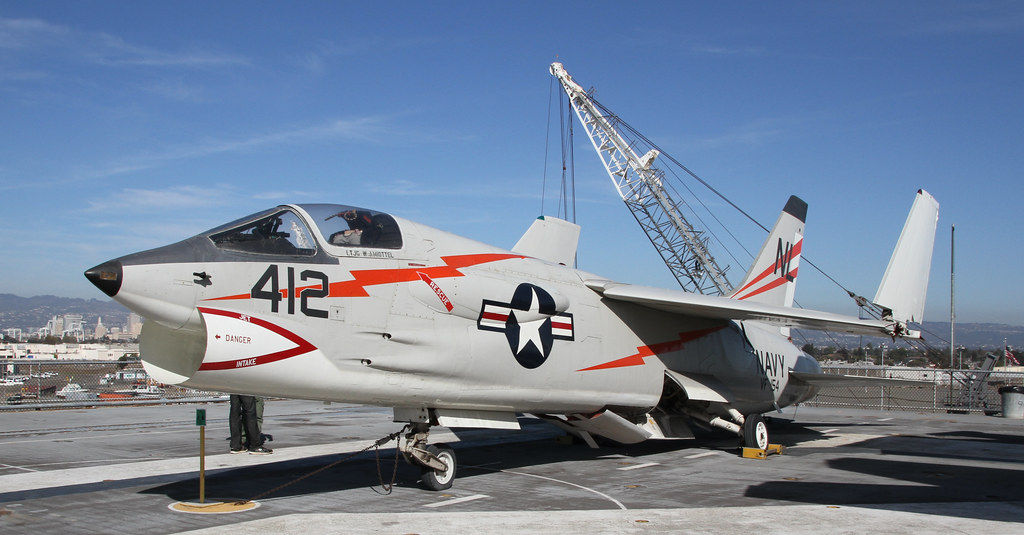
On July 16, 1957, future astronaut Major John H. Glenn, Jr., piloted a photo reconnaissance variant of the plane in a record-breaking transcontinental flight, departing from Los Alamitos, California, and landing at Floyd Bennett Field, New York, in 3 hours, 22 minutes, and 50.05 seconds.
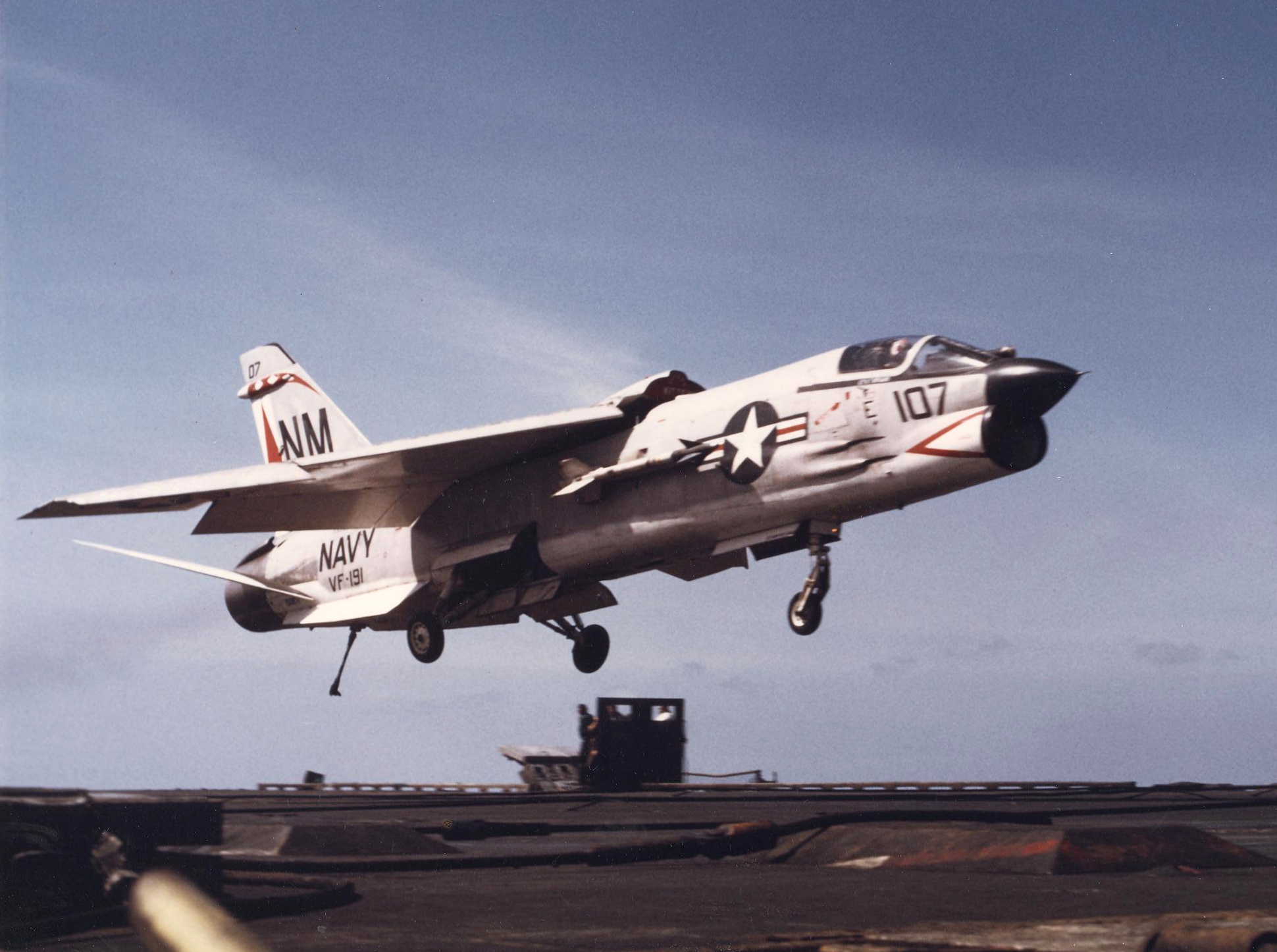
Crusaders flew their initial combat missions using cameras instead of weapons during the photo reconnaissance flights over Cuba in October 1962.
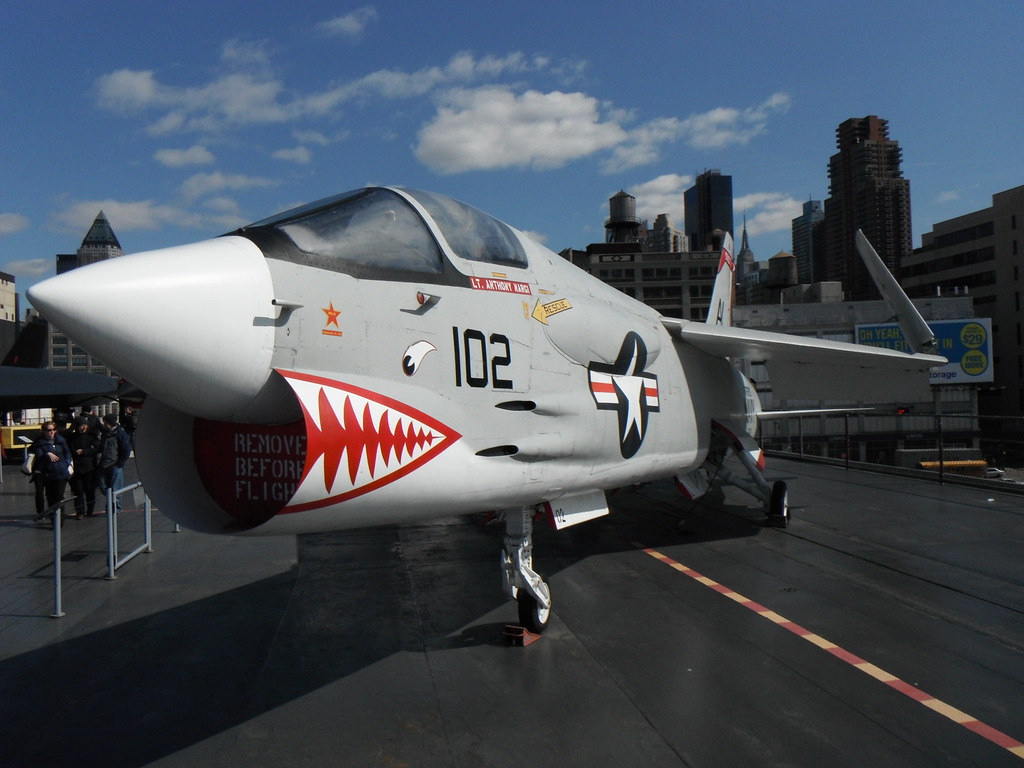
F-8s also carried out these missions, along with strike and combat air patrol flights during the Vietnam War. Crusader pilots were recognized for shooting down eighteen enemy MiGs in aerial combat.

Throughout its service life, the F-8’s various versions, such as the interceptor and air superiority fighter, received numerous upgrades.
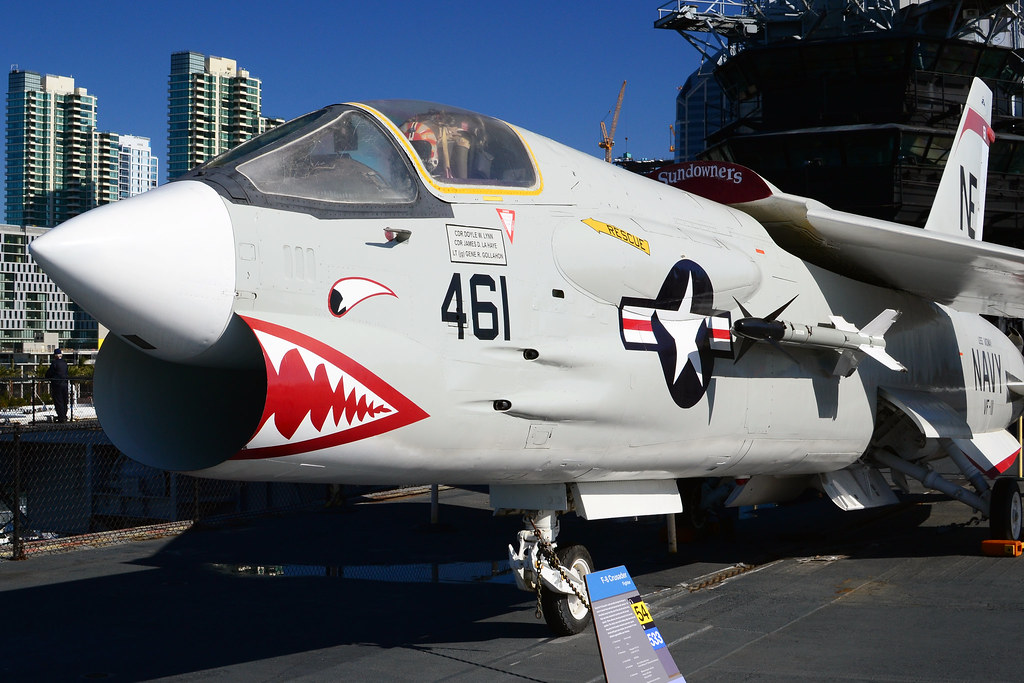
These upgrades consisted of reinforced wings and fuselage, modernized electrical and navigation systems, and additional ventral fins for improved directional stability.
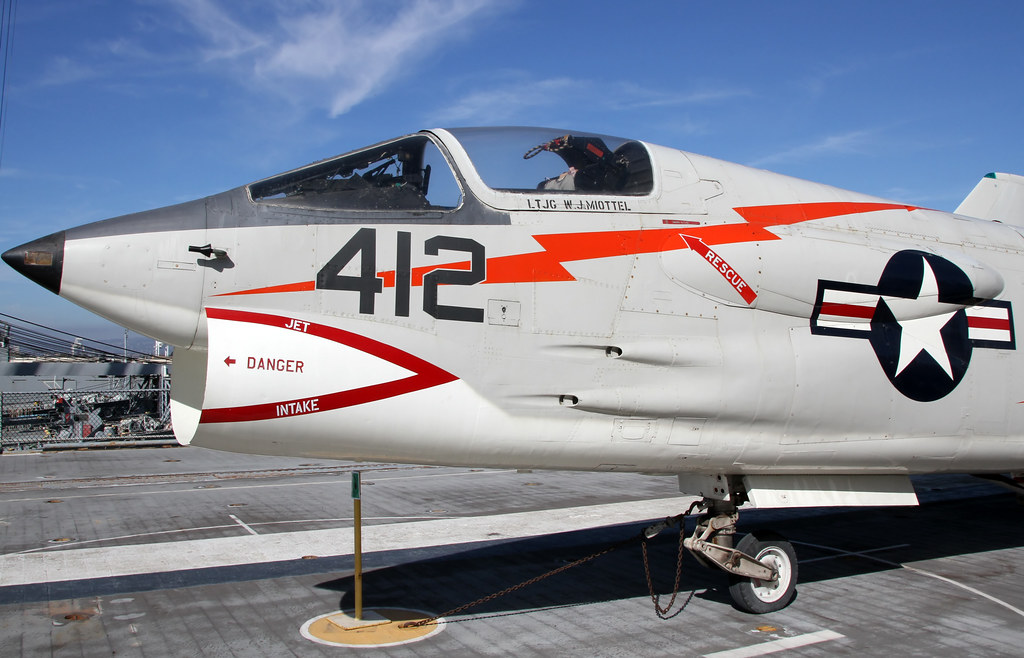
The plane was also extensively utilized by the U.S. Marine Corps and international users like the Philippines Air Force.
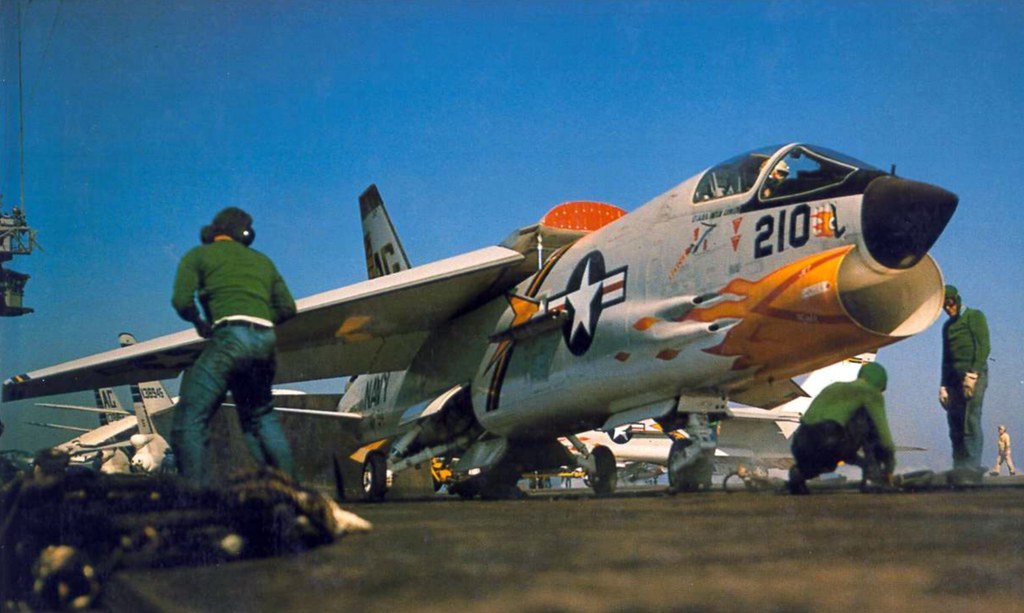
By the time the last operational F-8 in the U.S. Navy, an RF-8G, was delivered to the National Air and Space Museum on March 30, 1987, the Crusader had accrued a total of 7,475 flight hours and 8,896 landings, including 689 carrier arrestments and 714 catapult launches.
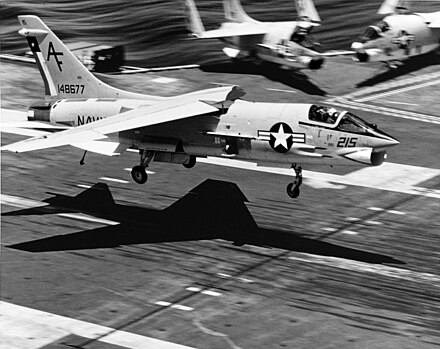
The F-8 Crusader’s legacy goes beyond impressive statistics and combat achievements.
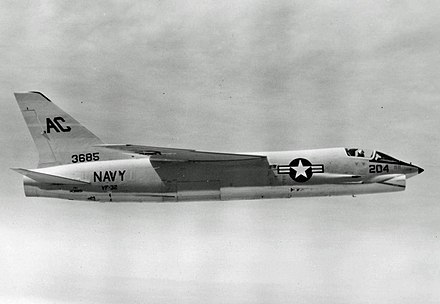
It stands as a testament to the innovation and bold design of the jet age, securing its place in military aviation history.
